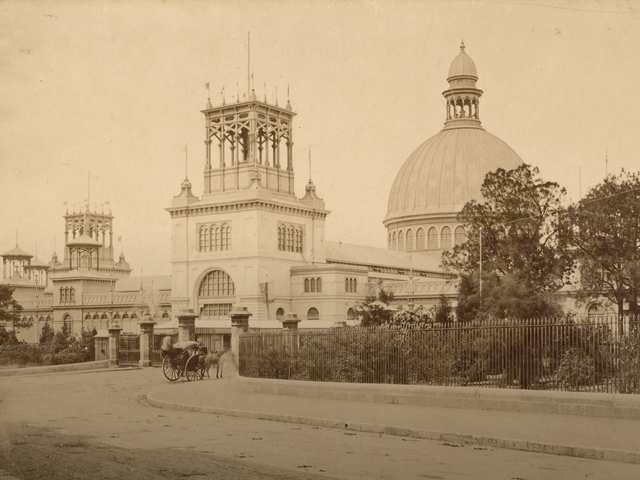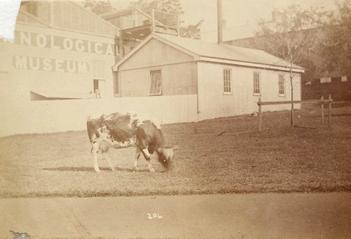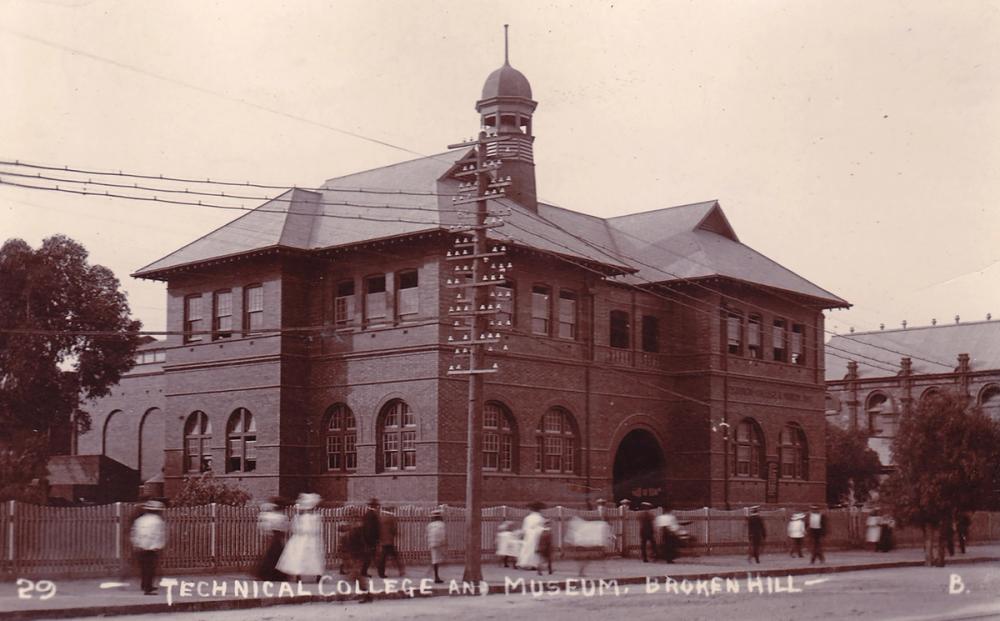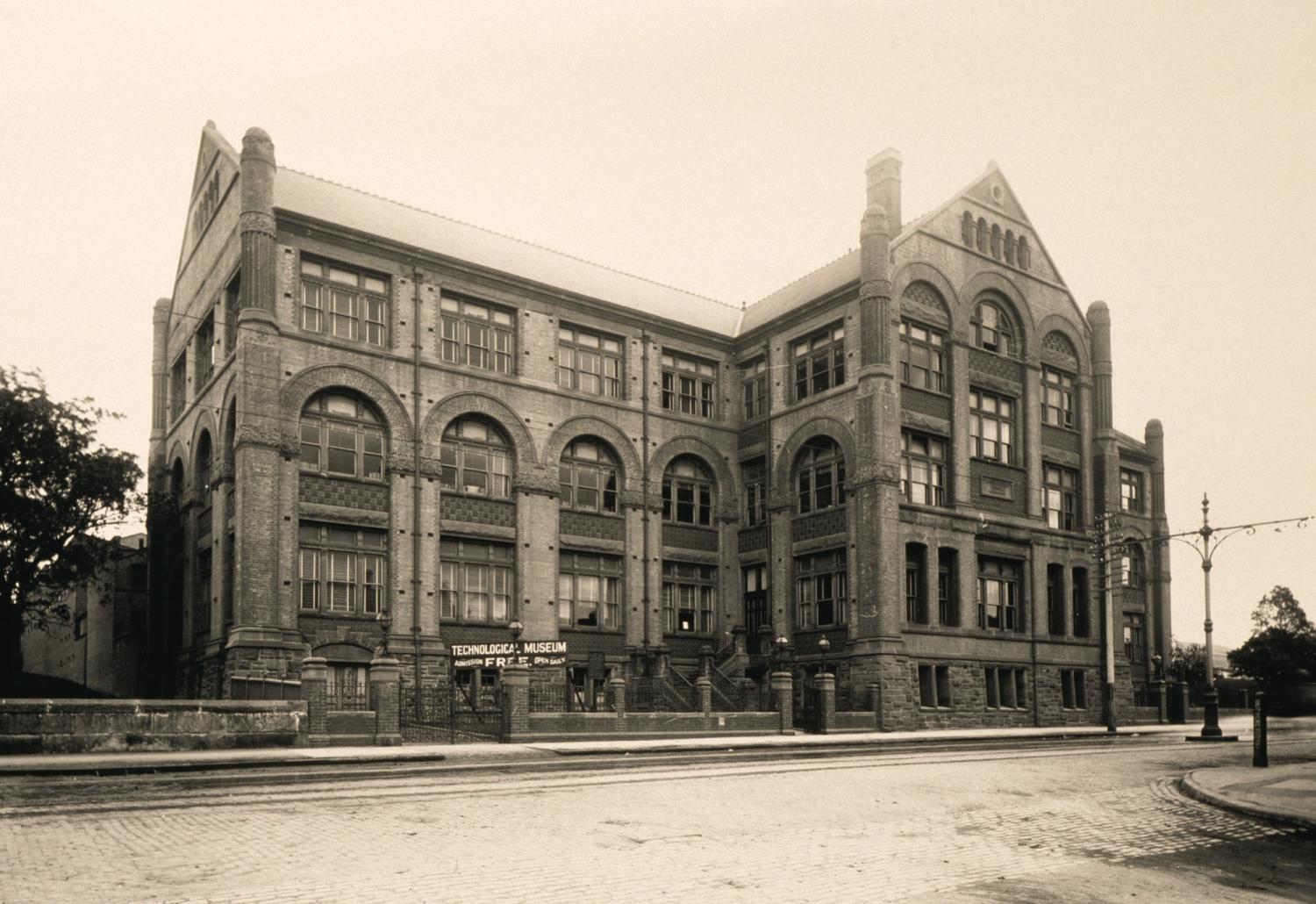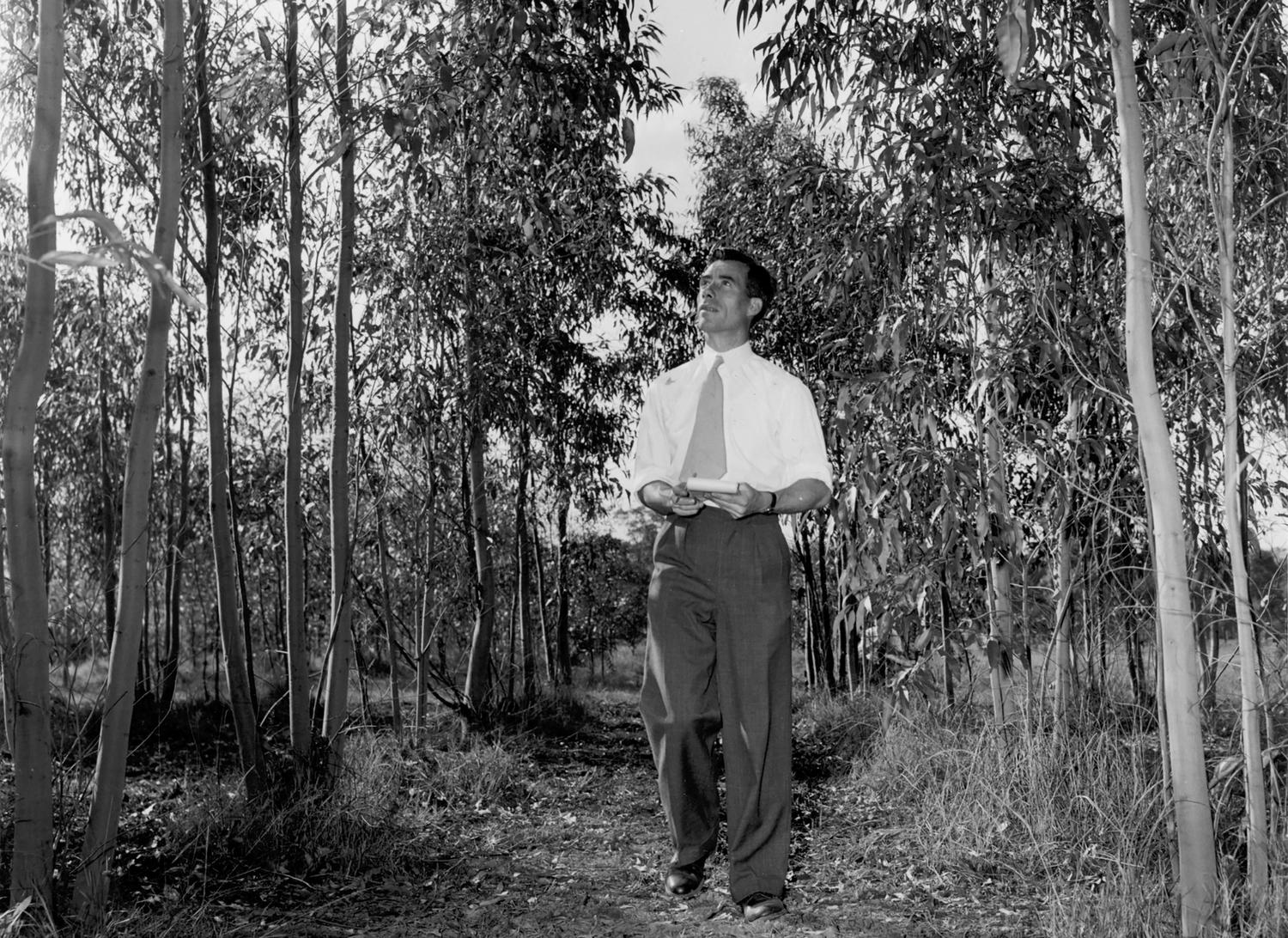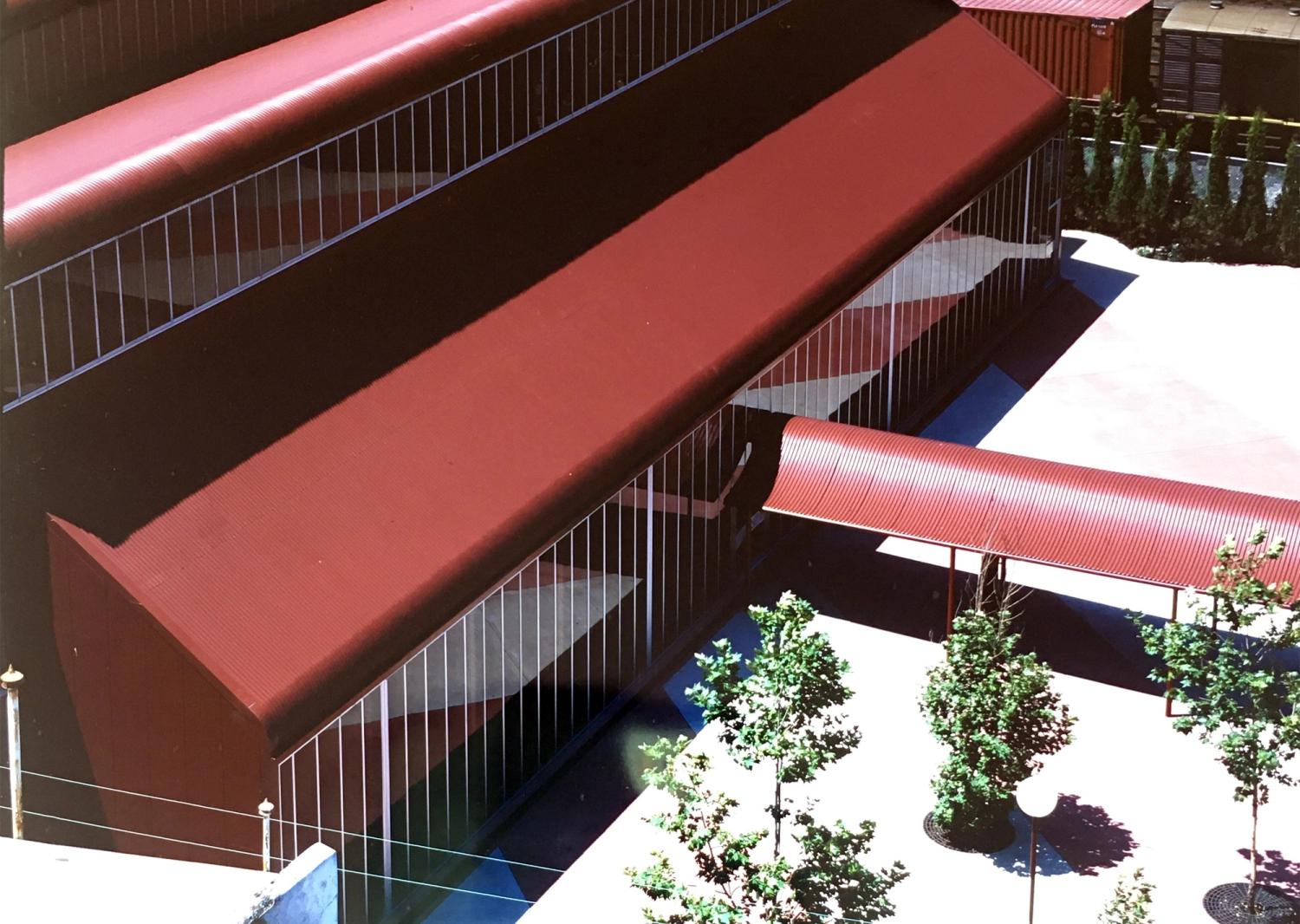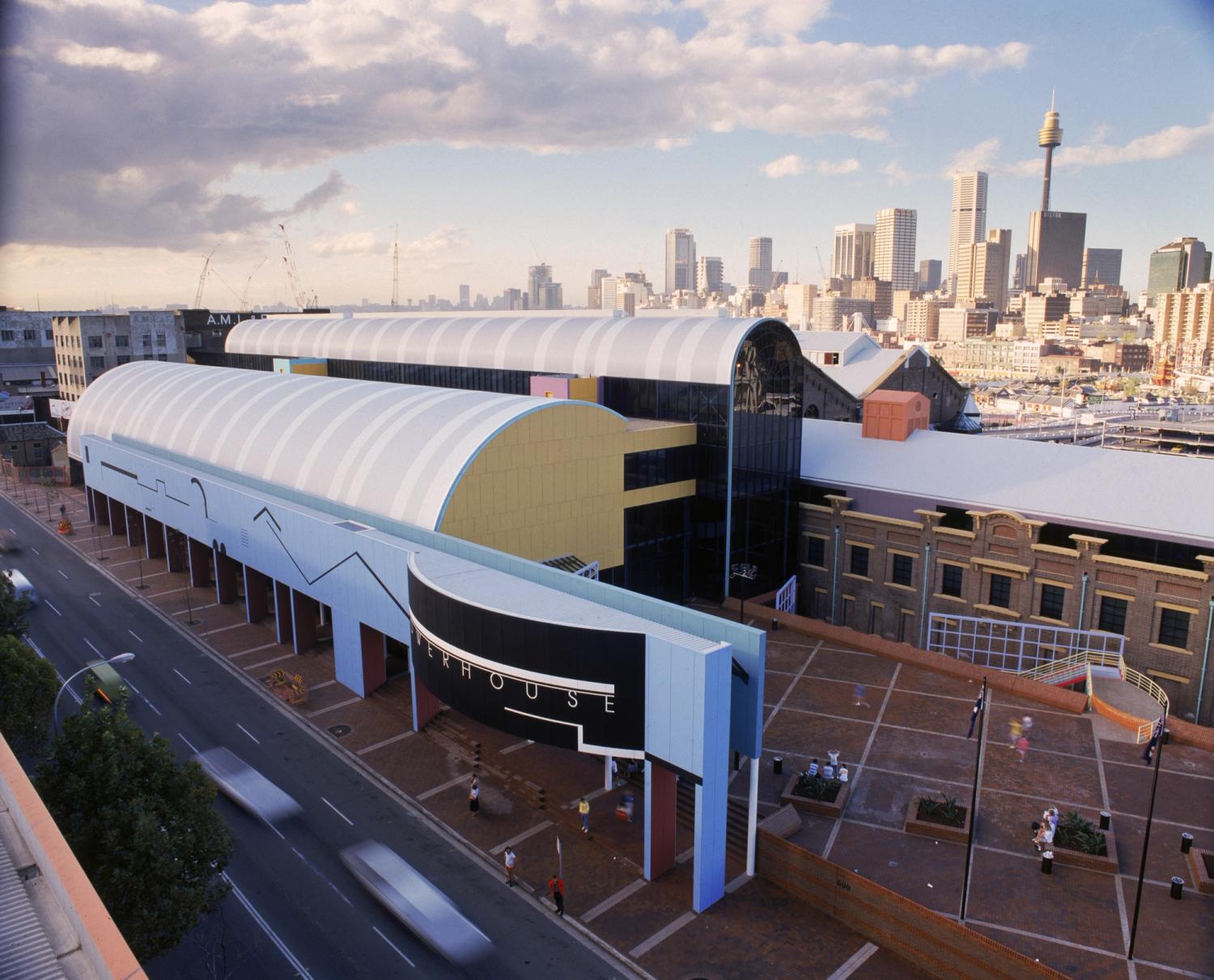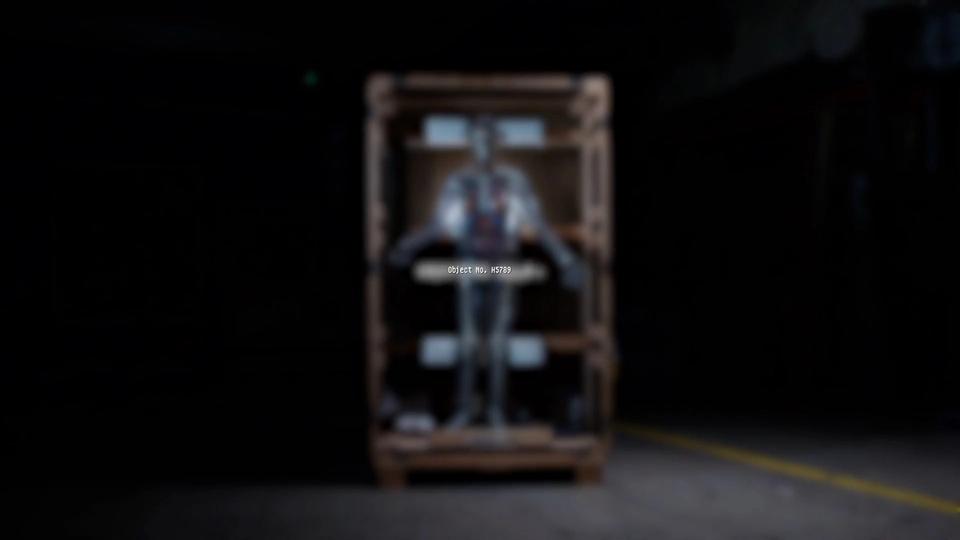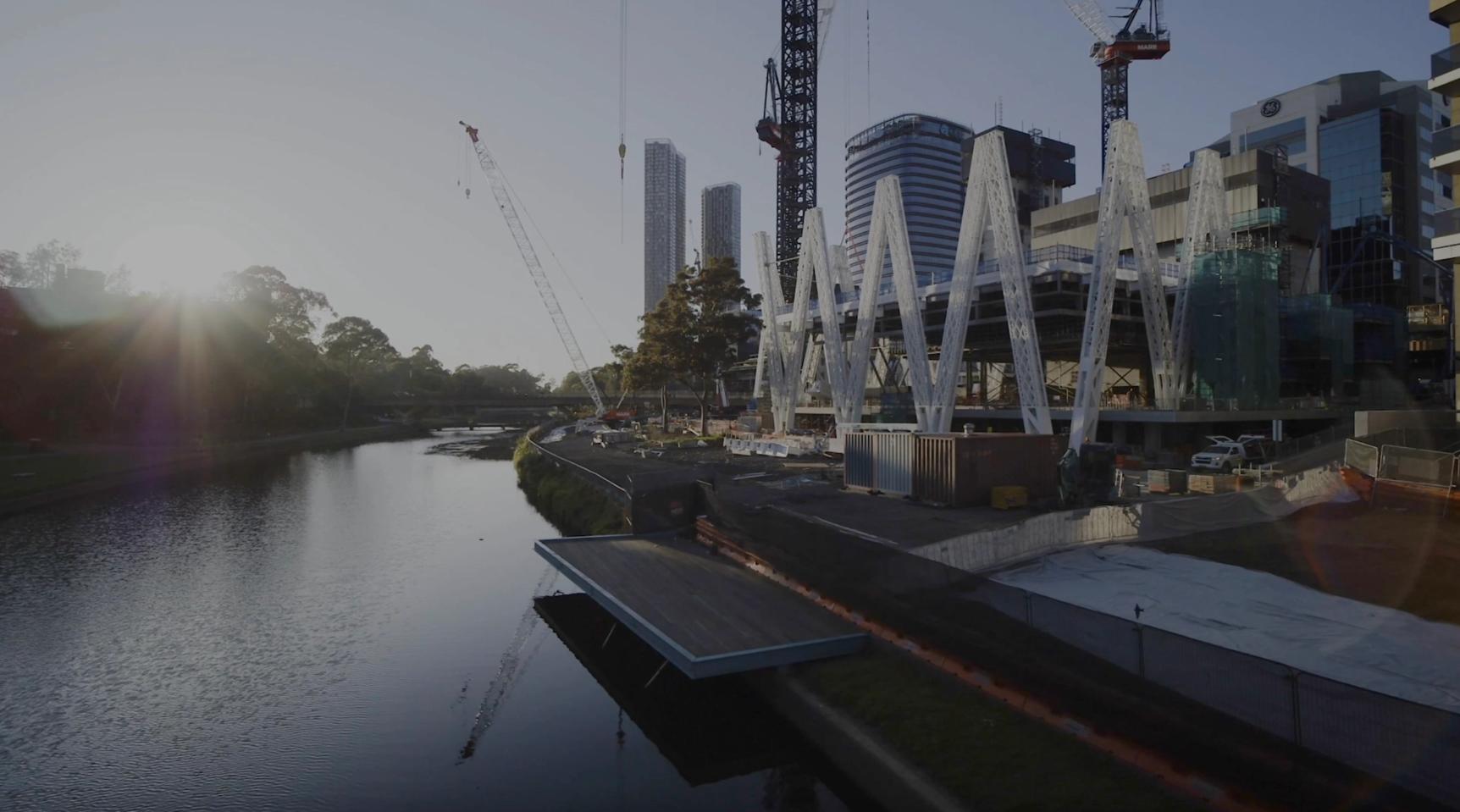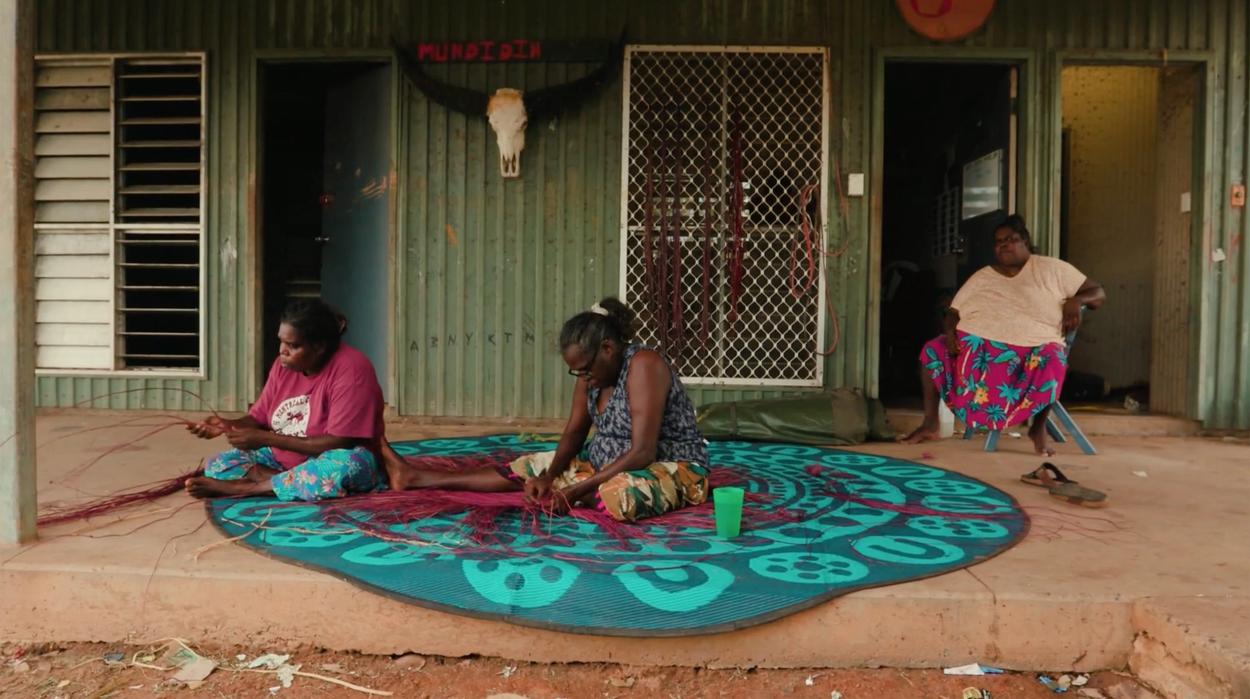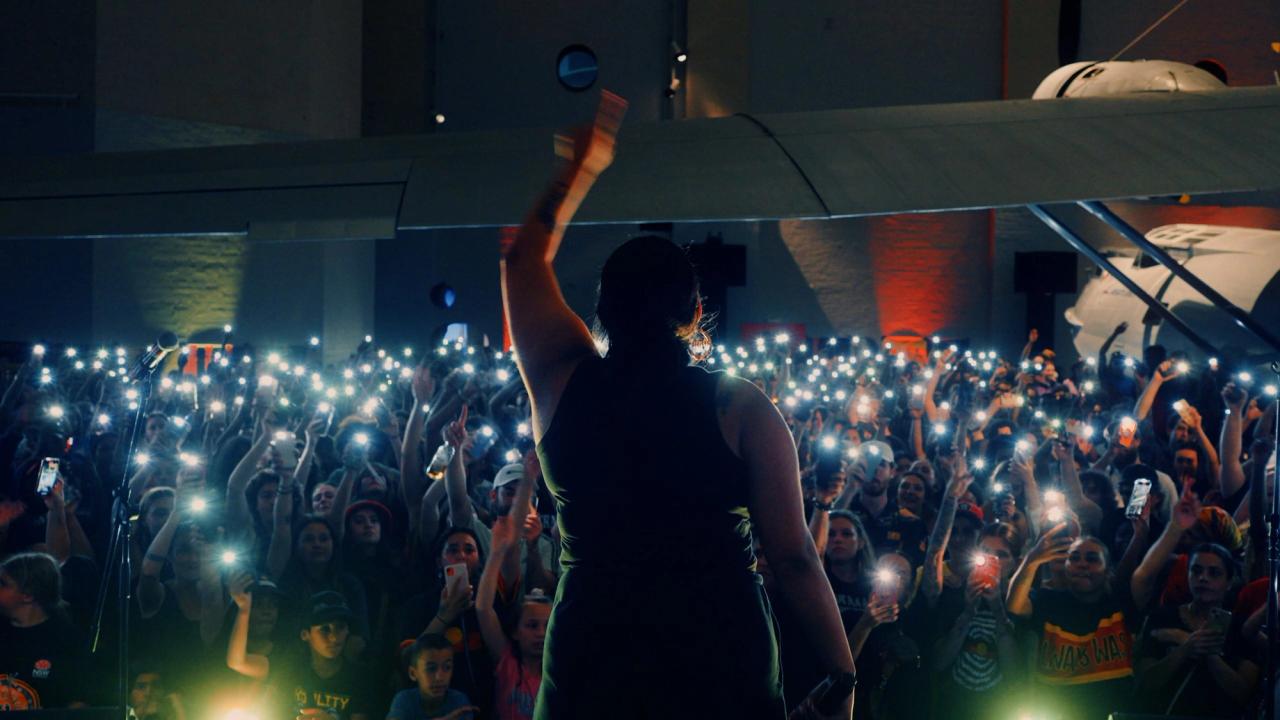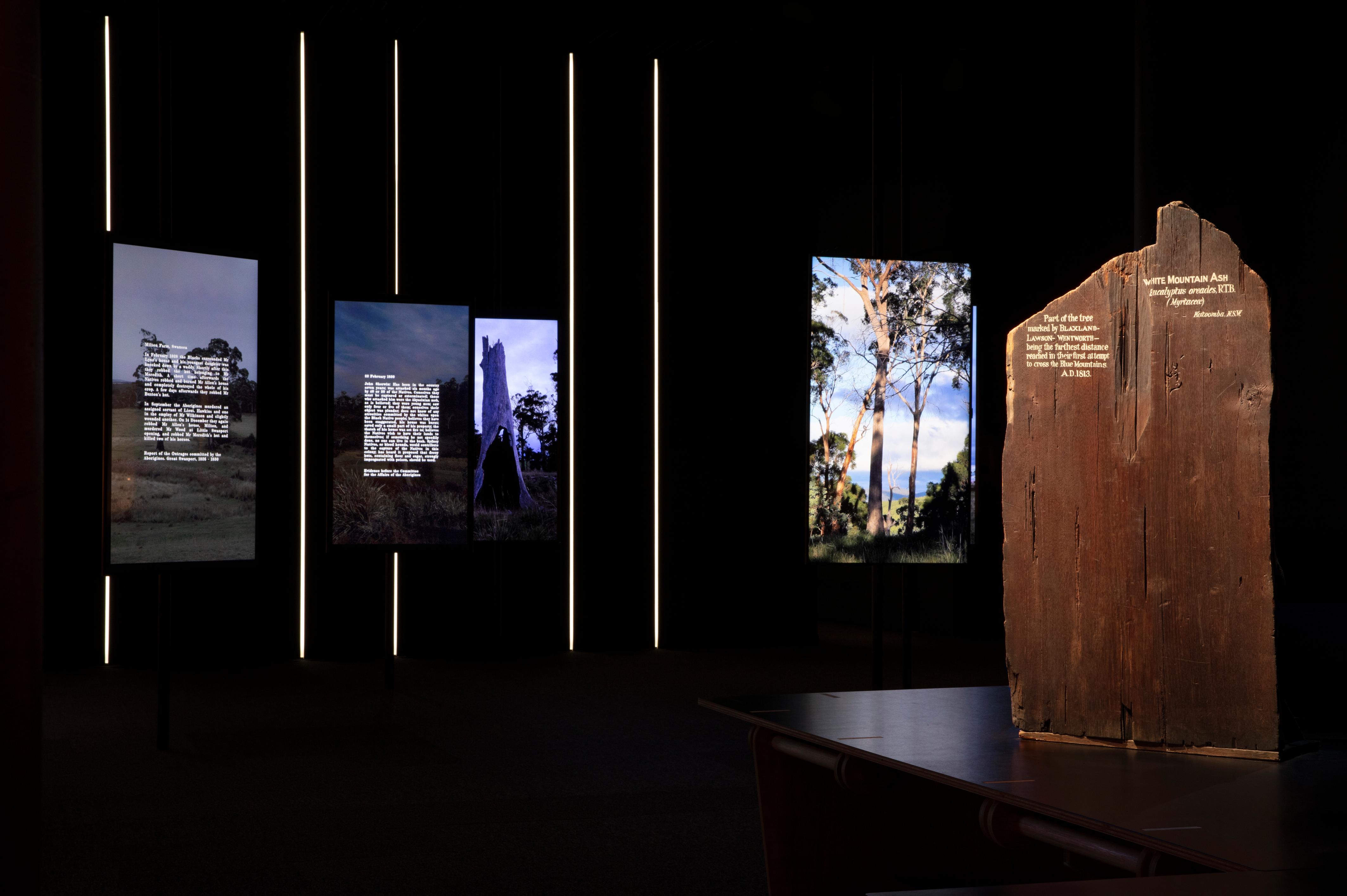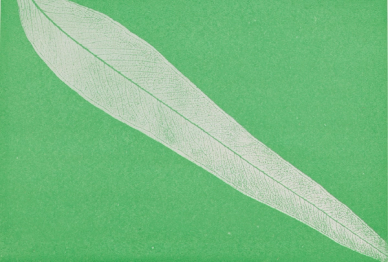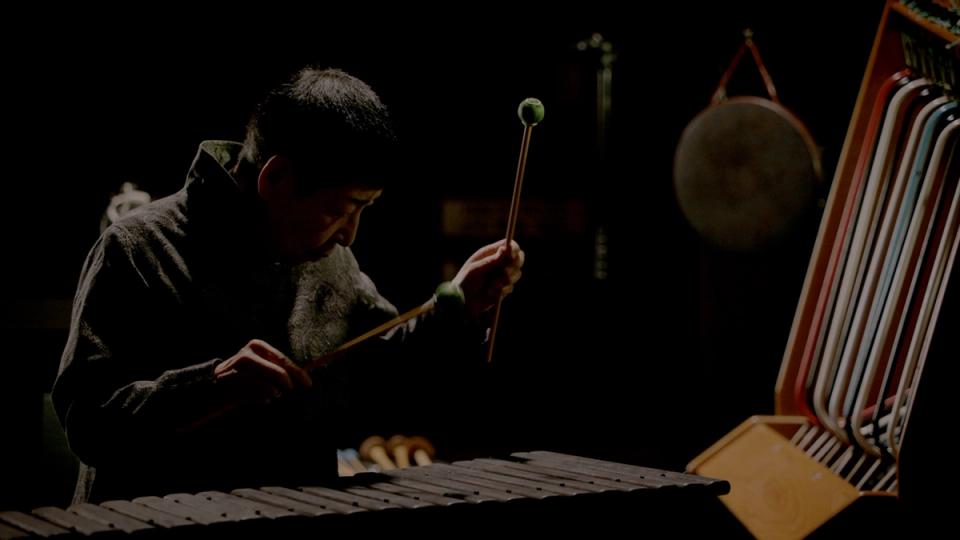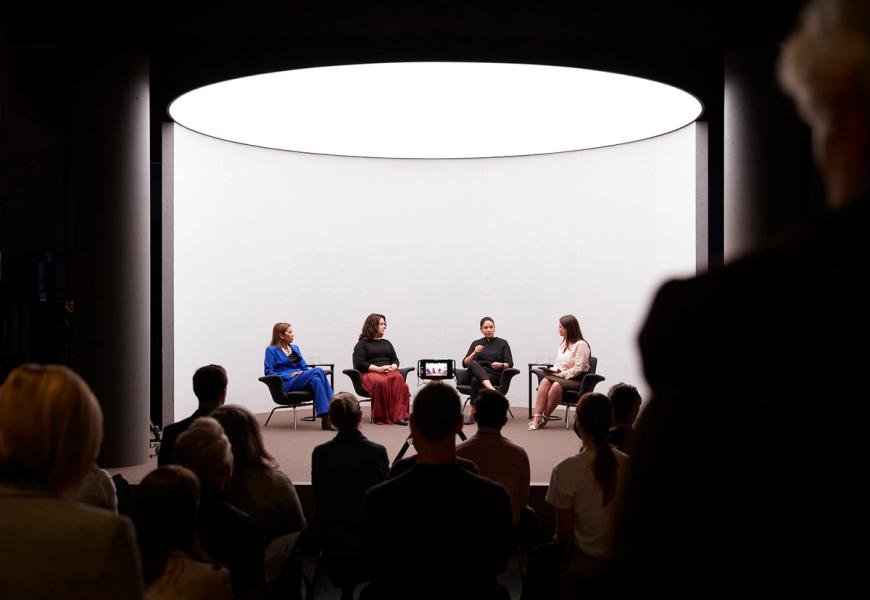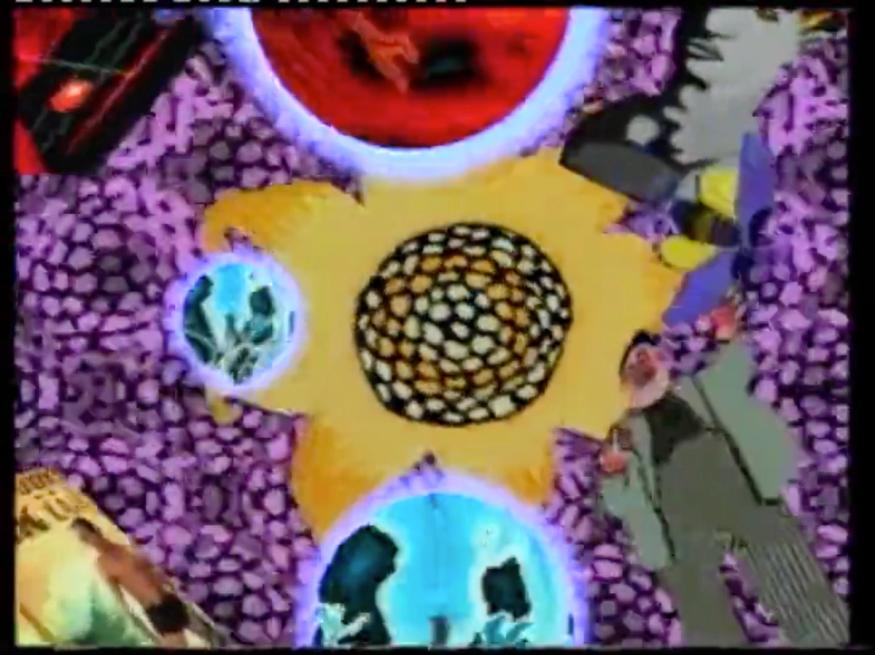Research
Powerhouse research generates new knowledge across the applied arts and sciences to meet the challenges of the 21st century.
‘It cannot be too strongly emphasised that research is the lifeblood of a science museum. If the spirit of research be absent, the museum may truly be described as a dead place. By its very nature, a science museum is a research institution, and only in an atmosphere of active enquiry can its function be maintained.’
Powerhouse Collection
The Powerhouse Collection includes the Powerhouse Archives, which are comprised of Collected Archives and the Powerhouse Institutional Archives.
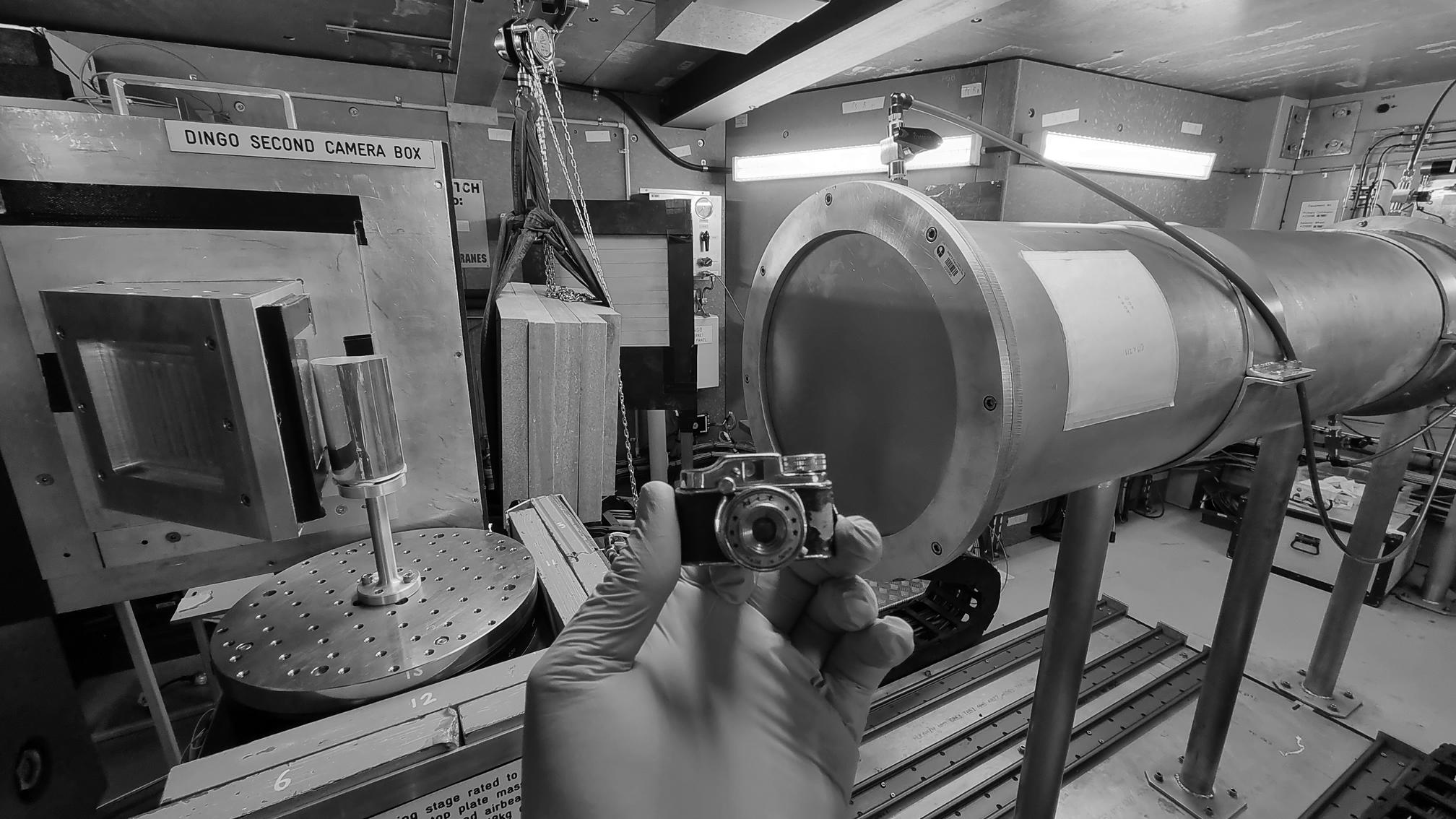
Australian Research Council Projects
Provenance Research Project
Powerhouse Museum is a major cultural institution that collects, preserves, documents and displays Australian material culture and its global impact. The Powerhouse Collection spans a broad range of media and materials across the applied arts and sciences. The museum conforms to appropriate policy and guidelines to ensure the objects it brings into the collection or borrows for exhibitions have clear title and history of ownership (provenance) and it follows legislation relevant to movable cultural heritage.
Research Residencies
Powerhouse offers annual programs to researchers interested in exploring the collection for the purposes of creative practice or academic research.
Powerhouse Research Library
Sound Before Sound II: Auditioning the Archive

Sound Before Sound II: Auditioning the Archive
Powerhouse Image Library
Powerhouse Conservation
Powerhouse Conservation are the custodians of the Powerhouse Collection in storage and on exhibition. Controlling environmental factors, documenting object conditions, conducting remedial work, and participating in various regional and community programs to promote conservation.
Museum Resources
Digitising Powerhouse Object 347,172
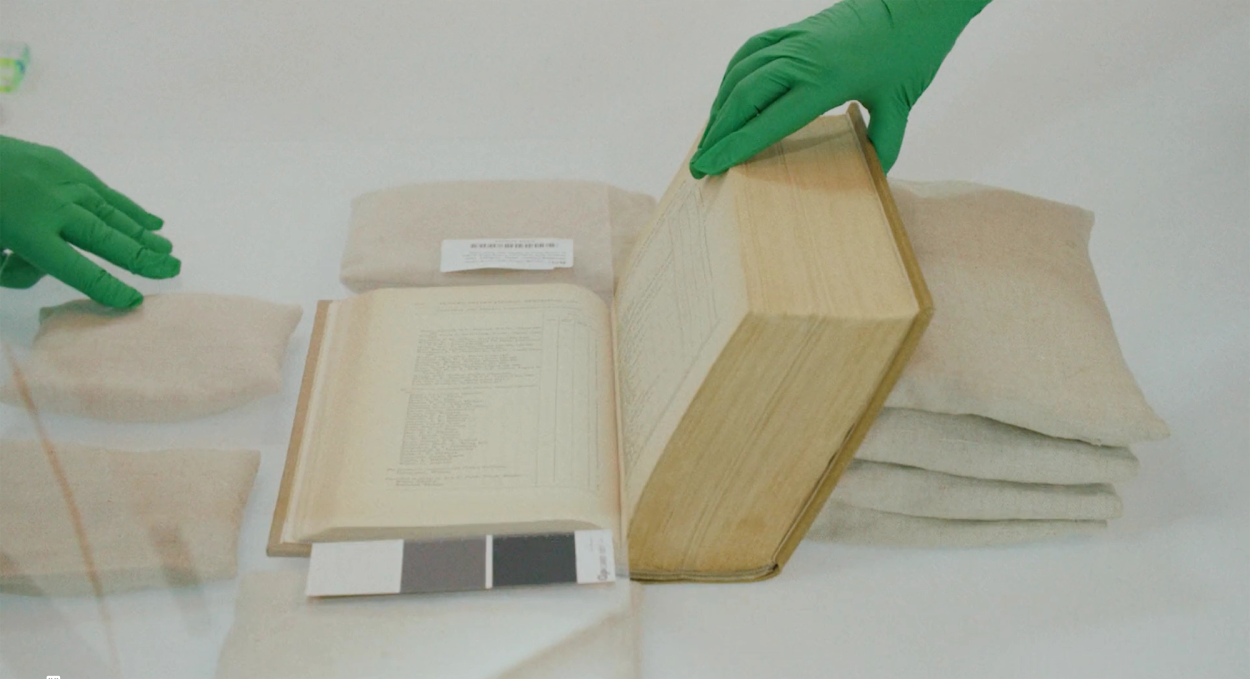
Digitising Powerhouse Object 347,172
Policies and Plans
Powerhouse Museum is committed to providing access to the range of policies, plans and procedures we develop relating to all our activities and relevant legislation.
MorePowerhouse Community
New work across the applied arts and sciences is developed through support and investment by Powerhouse. We foster innovation through facilitating collaboration and connection between industry and community.
More
